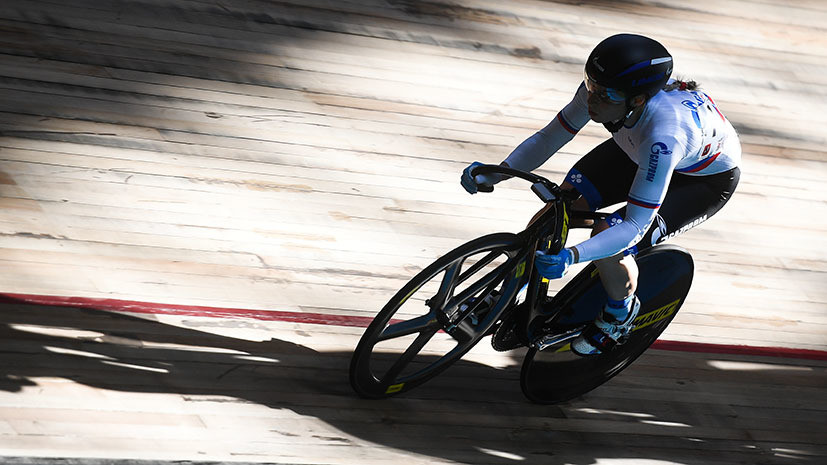Due to the coronavirus pandemic, the Ministry of Sports decided on March 29 to suspend the operation of training sports facilities. The participants in the training camp are obliged to return to their homes and continue to follow the instructions of the local authorities to prevent the spread of new infections. At the same time, the base employees will continue to receive a salary, and the Novogorsk center is planned to be transferred to a special mode of operation, which implies the isolation of athletes, coaches, specialists and maintenance personnel in the complex.
This decision caused misunderstanding on the part of athletes, coaches and even the General Director of the Russian Anti-Doping Agency Yuri Ganus. He believes that to fight coronavirus it would be more efficient to leave athletes at training camps than to force them to move around the country and put their families at risk.
“Now all the athletes are dismissed home. If you want to hear my opinion, then it is slightly different from the generally accepted one. I believe that in order to maintain the health of athletes, it would be right for sports federations to organize quarantine at their bases. This is the most effective way: isolate athletes, structure by teams and conduct training in special conditions. See how the disease spreads - through loved ones, in families. Is it possible to guarantee that an athlete, being isolated, will not communicate with his loved ones? And those, in turn, with other people? A closed, controlled regime would be much more effective, ”RIA Novosti quoted Ganus as saying.
RUSADA Director General emphasized that it was only his opinion and the federations were free to decide for themselves how to build relations with athletes in a pandemic. However, from this point of view there were several supporters who are also confident that the cessation of fees will not help the fight against coronavirus.
Doubts about the expediency of such measures were expressed by the four-time world champion in track cycling Daria Shmeleva, who, due to the cancellation of the collection, was forced to return from the Krasnodar Territory to Moscow.
“The order of the ministry to finish the training for everyone and return to Moscow. Maybe I don’t understand something, but it would be safer and better for us in the Krasnodar Territory. We would be completely isolated, and this, in fact, is the meaning of quarantine. And in Moscow, ten times more likely that we will become infected. Instead of saying: “People, isolate yourself at the camp in closed areas”, we are forced to return to Moscow. Yes, already on the way there I can get infected. I don’t understand why, why all this, ”said Shmeleva.
She also said that she wanted to independently remain in self-isolation in Gelendzhik, where the Russian team was gathering, but she had to return to Moscow to report on the completion of the trip. At the same time, Shmeleva was faced with the problem of lack of housing in the capital, since the hostel in which she lived did not work.
“I have been living in a dormitory at the Olympic Reserve School since 2011, it will soon be, it turns out, ten years since I live there without any danger. Now I can’t go back there, because everything is closing. And no matter how much they wanted to help, they let us know that I grab things and had to go somewhere. In my case, there is no other option but to rent an apartment. I have nowhere to live. Yes, I am a patriot of my school, but I would like to have my own corner. Now we would calmly return, self-insulate, put the machine and train, ”said the athlete.
The inconvenience arising from the coronavirus pandemic was also told by Valentina Rodionenko, the head coach of the Russian national gymnastics team. She noted that the team should be evicted from the Krugloye Lake sports base, but it would not be forbidden to attend training halls.
“We are now resolving this issue. The team will not train at Lake Krugly, perhaps we will live and eat in Novogorsk. We will be brought to Krugloye to train in the halls, and the base will be closed. We were told that this is a government order. Training can be carried out there, but to live - no. We must in an organized manner provide a list of names, all this is very difficult. We take responsibility so that the athletes do not communicate, do not go to Moscow. At least we won’t give up training, ”the trainer noted.
As TASS was informed by a source familiar with the situation, only six bases will remain open, including in Novogorsk near Moscow, where national rhythmic gymnastics and synchronized swimming teams will continue training. The remaining training centers will be closed from March 29.

